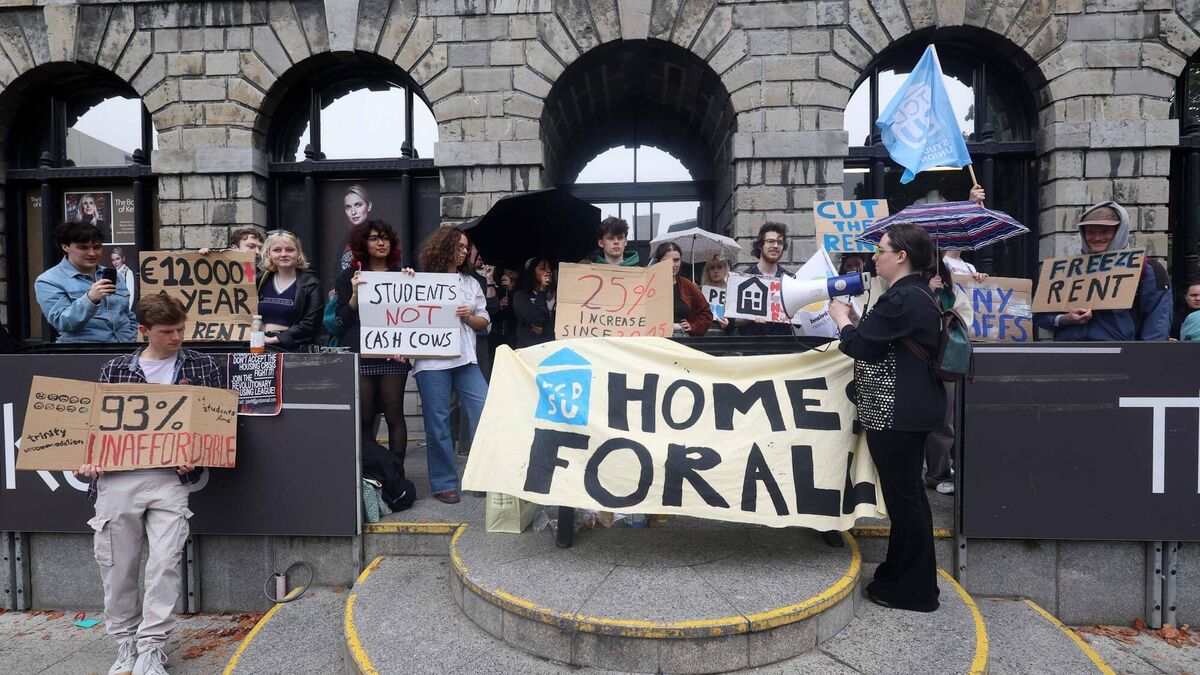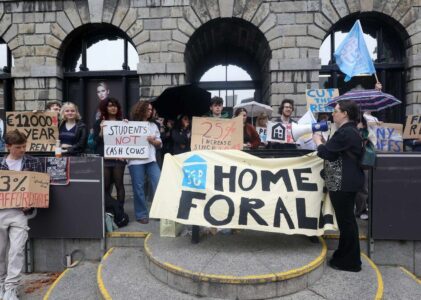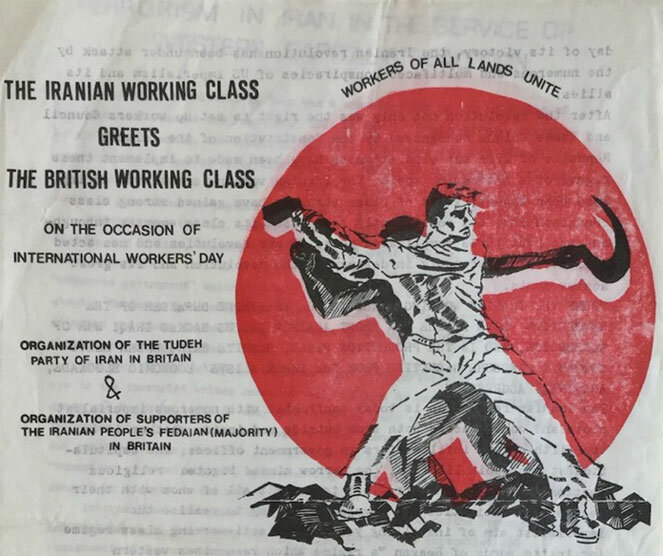By László Molnárfi
Sunday 21 April 2024
It is with bewilderment that students read the Trinity News editorial dated 21st of March 2024 accusing the Students’ Union of authoritarian tendencies. Nothing could be further from the truth. In reality, this year has seen student participation in the union skyrocket and power decentralized, due to the grassroots structures that we created.
Throughout the year, the union held consistent meetings of the Campaigns Committee, on topics including but not limited to the housing crisis, masters’ fees and period products. This committee has been transformed into a powerful structure within the union. It runs like a town hall, with all students being invited to attend and contribute. As well as this, it has been bestowed with mobilizing capacity via a dedicated group chat, which has over 150 members. Therefore, everything from the issue at hand, our demands as well as the escalation plan of the campaign are discussed. Afterwards, the plan is collectively carried out. In this way, students truly have a say in what our union does, from start to finish. This modus operandi is extremely efficient, with detachments of students, supported by the union, able to carry out collective action. Furthermore, it establishes a bottom-up relationship in which students have a direct lever on the use of the union’s resources.
This structure broadly mirrors the rest of the union’s successful democratization. We decentralized the union’s power when it comes to advocating for renters on-campus and in Trinity Hall. The establishment of the TCD Renters’ Solidarity Network has allowed the political activity of tenants to mushroom. Over 130 students have unionized. Taking action on rents, the overnight guests policy as well as the exploitative Circuit Laundry, apathy has been replaced by faith in collective action. Also, the National Student Action Group (NSAG) has 110 members and is designed to take national action with decisions being taken in a horizontal way by students from across the country. It is endorsed by 8 student unions, highlighting the grassroots style of leadership as an inspiration throughout the island. This is not to mention the TCD BDS sub-group of the union, which has over 230 members and has been operating autonomously to take direct action forcing our university to cut ties with Israel, resulting in significant engagement from the student body.
These are avenues of deep participation that are open to the student body, as opposed to the shallow workings of Council. The issue with Council, which is the union’s supreme decision-making body, is that it is confined to passing motions. These motions are broad, symbolic and uncontroversial in nature. Their implementation, which is where real questions of organizing arise, is wholly left to the upper echelons of the union. This cuts off participatory democracy at policy-making, a premature move which leaves students without a say where it matters the most.
As a consequence of this democratization of the union, it has rapidly shifted to the left, and began practicing the principles of solidarity, radicalism and political action. Arising from this, inevitably as a result of 80% students intending to vote against government parties, is our resistance to the Fine Gael-Fianna Fáil-Greens coalition. This met the institutional barrier of the TCDSU Constitution, which forces apoliticism. The shackles of officialdom have thus come into conflict with the living, breathing and mass student movement that is awakening from its decade-long slumber. A student union should be able to explicitly call out forces who promote policy that is harmful to students and staff. The scripture of the constitution cannot be held per se to show these actions to be undemocratic.
The support for this direction of the union has been palpable. The collection of over 520 signatures in just 6 days for abolishing the apolitical clause in the constitution has demonstrated support for politicizing the union, alongside a similar motion passing near-unanimously at Council. A poll showed that 77% of students believed that direct action taken by the union this year was effective. Only 27% of students disagree with the statement that the student union represents them. Conversely, right-wing conservatives voices on campus have made feeble attempts but ultimately failed to garner student support for their reactionary agenda.
Throughout the editorial, a sense of mistaking the form for the content pervades. This is most apparent when it comes to the magical, liberal and apolitical unity in the student movement that the writers profess in the final paragraph. There is, alas, no such thing. Schism, the fracturing of the student movement along ideological tendencies is both an inevitable consequence of its radicalisation and a desideratum as it embodies the rise of political consciousness.
The walk-out from Council is thus unrelated to vindicating our position in the direction of the union. The belief that the motion of censure will fail was never in question. That much has been demonstrated by mass student support for the union throughout the year. It is, rather, a democratic act in itself. It symbolizes a break with the idea that it is possible for a union to be apolitical. As well as this, it seeks to crush the bureaucratic handbrake that has been imposed on the student movement. Overall, it is the self-organization of the student body into a politically-conscious unit, which has now thrown itself into outright rebellion against the apolitical section of the student movement, as well as senior management and the state.
Having been elected on a platform of bringing the union back to the grassroots with 56% of the vote in March 2023 following a three-way race, students this year were directly handed the levers of power to the union. We used it to unapologetically advance our interests in solidarity with the workers’ movement. Through showing that fightback is possible, we have begun building a radical student movement, and have seen rising student participation in our campaigns. We are nowhere near the mass movements of the past that saw tens of thousands of students on the streets, clamoring for a better world. The die has, however, undoubtedly been cast, and the re-birth of the radical tendency will be our legacy. In the end, paradoxically, we hope that the same reason we will be remembered is also the same reason that we will be forgotten, becoming a mere footnote in history books; because what we have achieved this year will pale in comparison to what is yet to come.





This article provides a fascinating look at how TCDSU has developed into one of the most inclusive democratic systems in existence today. Using a grass-roots approach, TCDSU succeeded in empowering local communities and giving them a greater voice in the decision-making process. This is a clear example of how democracy can function more effectively when it involves various levels of society. Hopefully in the future, this model can be adopted more widely to increase participation and representation in various government systems. Regard Telkom University Jakarta